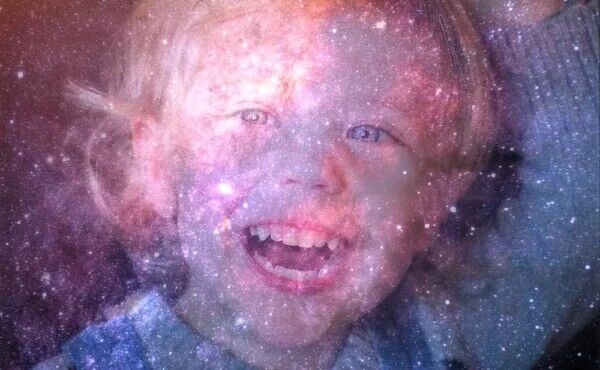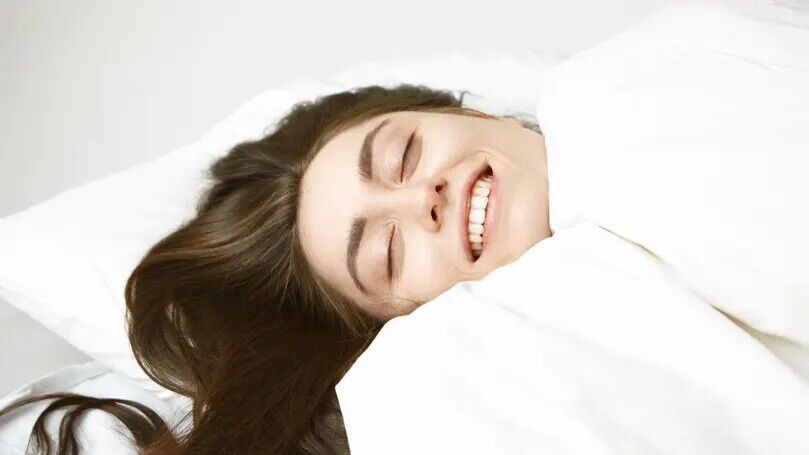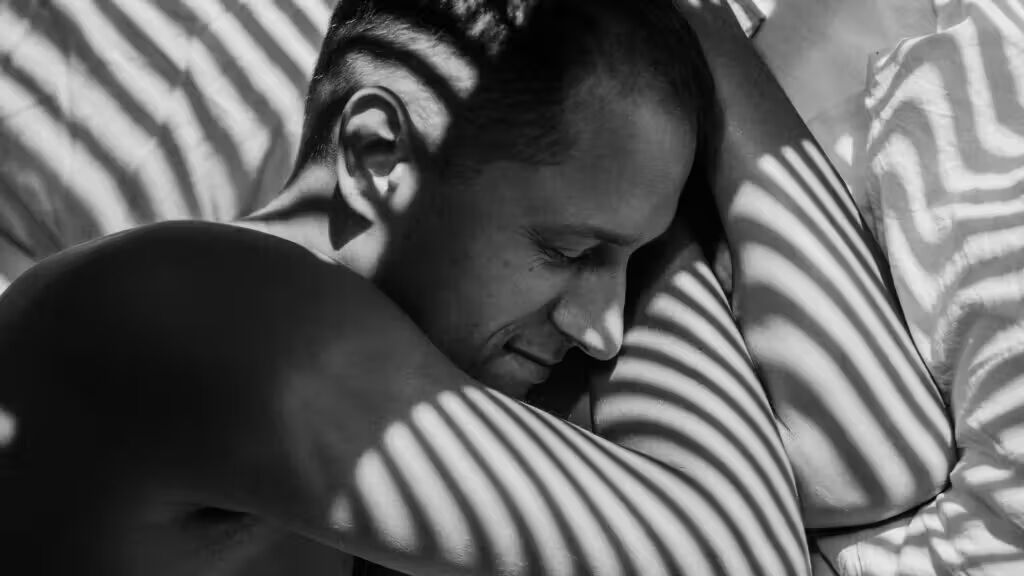10 Spiritual Meanings of Laughing in Your Sleep

Laughing in your sleep is a common occurrence among many people. Both children and adults experience it. While most of your body remains paralyzed during sleep to prevent injury, talking and laughing can still happen.
The primary cause of laughing during sleep often originates from dreaming. This laughter is most likely to occur during rapid eye movement (REM) sleep, which is the stage of deepest sleep. Interestingly, many people find that upon waking, the dreams that triggered laughter tend to be unhumorous or even bizarre. So, what are the spiritual meanings behind laughing while asleep?

Spiritual Meanings of Laughing in Your Sleep
The spiritual interpretations of laughing while asleep vary widely. Here are some of the most common explanations.
1. Success. Laughing in your sleep may symbolize success. This interpretation can apply to various life aspects, primarily focusing on career and professional achievements.
2. Good Luck. Laughter during sleep is generally seen as a positive omen. Many cultures associate this phenomenon with good fortune. It suggests the presence of positive energy, indicating that good news may be on the way.
3. A Warning. In some belief systems, sleep laughter serves as a warning. It may signal the presence of negative energies or untrustworthy people in your life.
4. A Sign of Escape. Another belief is that laughing in your sleep indicates a desire to escape reality. This might reflect discontent or a struggle for joy in waking life, suggesting that laughter in dreams represents a retreat from daily stressors.
5. A Pleasant Encounter. Often, laughter in sleep arises from encountering something enjoyable or humorous in a dream. It's a straightforward interpretation indicating joy experienced during the dreaming phase.
6. Providing Some Relief. Some think that laughing in dreams could signify a need for relief from stress. If you have felt particularly overwhelmed, laughter during sleep might represent a brief escape from daily pressures, providing a moment of joy.

7. Seeing Angels. For many cultures, sleeping babies laughing have been viewed as a sign of angelic presence. It's believed that infants see beyond normal perception, and laughter while asleep is associated with witnessing angels.
8. Insecurities. If your laughter stems from a dream where you faced ridicule or laughed at another, it may reflect personal insecurities. This experience could also signify jealousy or a desire for attention.
9. Remain Observant. Sleep laughter can sometimes create a sense of disturbance. In such cases, it may serve as a gentle reminder to stay alert. There may be individuals around you with malintent or situations that are not what they seem.
10. Stress and Anxiety. Many individuals cannot recall their sleep laughter. When questioned about the experience, their memories often reveal dreams that felt nonsensical or strange. This type of laughter may reflect underlying stress or anxiety, indicating a need to pay attention to mental health.
Is Laughing in Your Sleep Harmful?
Laughing during sleep typically poses no threat and is more prevalent among children than adults. It is not inherently dangerous and generally does not indicate serious issues. However, some studies link it to neurological disorders, especially parasomnia. While parasomnia itself isn't harmful, it may involve unusual behaviors that could disrupt sleep quality.

Rarely, gelastic seizures may occur, particularly in infants, causing uncontrolled laughter for short periods. Most children outgrow sleep terrors, while some might experience rem sleep behavior disorder in adulthood. Childhood sleep terrors often resolve, leading to fewer severe symptoms as one matures.
If you or your partner notice a decline in sleep quality due to your laughter episodes, it might be wise to consult a professional for further evaluation.
What Is Parasomnia?
Parasomnia refers to sleep behavior disorders during REM sleep—the stage characterized by vivid dreaming. Often, it inhibits the body’s ability to remain paralyzed, which can lead to involuntary laughter, talking, and more intense movements, including sleepwalking.
What Are the Reasons for Parasomnia?

The specific causes of parasomnia remain unclear. However, it can relate to various neurological conditions. Sleep disorders such as narcolepsy and periodic limb movement disorder are often linked to these behaviors.
Narcolepsy
Narcolepsy is a sleep disorder affecting the sleep cycle and can cause excessive daytime sleepiness. This condition may lead to hallucinations, snoring, and sleep paralysis. It usually requires medication for management.
PLMD – Periodic Limb Movement Disorder

PLMD involves repetitive, involuntary movements during sleep, particularly concerning the legs. These movements can include cramping or jerking, often resulting in disturbed sleep.
Laughing in your sleep is a normal occurrence that many individuals experience at least once in their lives. Although laughter during sleep has varied spiritual meanings, it is mainly considered a positive sign, symbolizing success and good fortune. However, when laughter disrupts sleep quality, discussing it with a professional may be a wise step.
Earlier, SSP wrote about 11 spiritual meanings of sage.



















